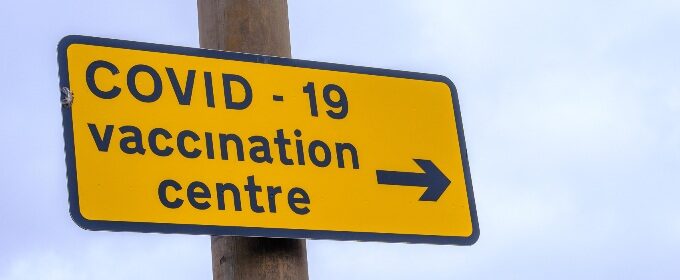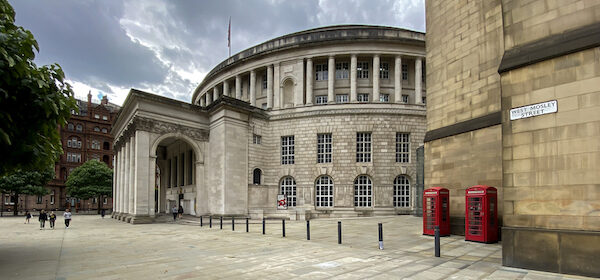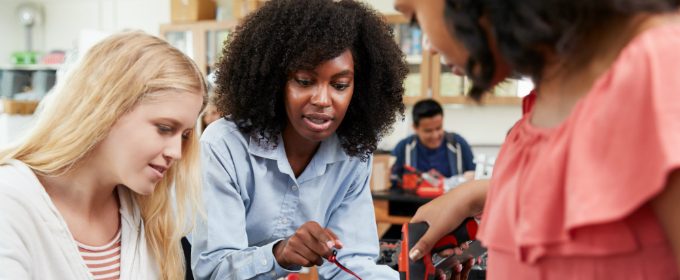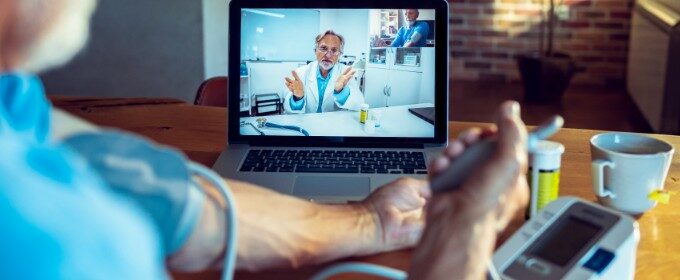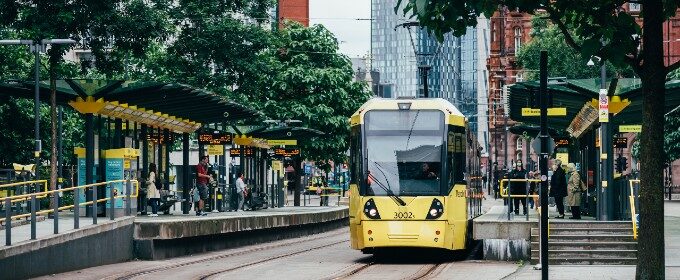The economic performance of the North of England consistently lags behind the national average. One factor that could partly explain this ‘productivity gap’ is the poorer physical and mental health of children in the North, along with a widening educational gap, with long-lasting impacts on the labour market. In this blog, Dr Rose Atkins and […]

